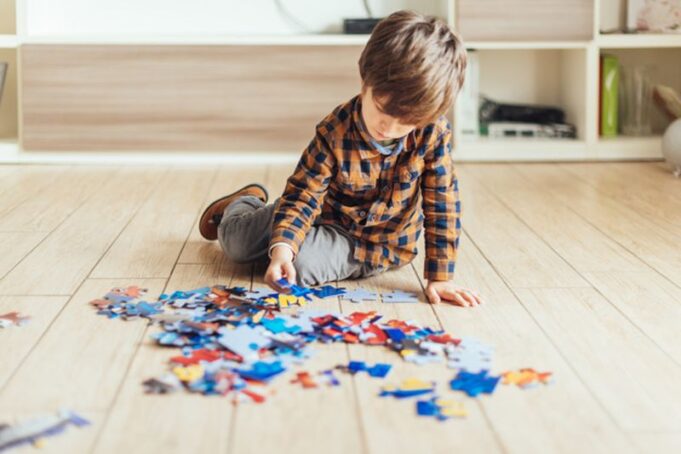Introduction
Puzzles are a great way to introduce your child to the world of learning. Not only do they develop their motor skills, but they also enhance cognitive learning and critical thinking. Puzzles are not just for kids; adults can benefit from them too. Here are some reasons why you should buy childrens puzzles in Australia for your little ones:
The population of children in Australia has increased steadily over the past several decades, with a notable growth spurt occurring in the late 1980s and early 1990s. This trend continued into the second half of the 2000s, with a slight drop in growth rates around 2010.
This trend is expected to continue for at least another 15 years, with no significant change in population demographics being predicted. Due to this rising population of children, there has been a substantial increase in the sale of childrens puzzles in Australia.
Increasing hand-eye coordination
Hand-eye coordination is a skill that is developed through play. It helps kids manage their environment, learn how to control their movements and use their hands in their actions.
Puzzles are an excellent way for children to work on this skill because they allow them to practice visual tracking, which teaches the brain how to focus on an object in motion without losing track of it. As kids move pieces around the puzzle, they are building up this necessary skill set so that when they are older and more mobile, they have an easier time focusing on smaller objects.
Stimulating the development of problem-solving skills
Puzzles are an excellent way to promote the development of problem-solving skills. When you start with a puzzle and have no idea how to solve it, you learn how to break it down into smaller parts that can be worked on separately. This is an essential skill for children because it helps them develop their ability to concentrate, focus on a task and not give up when faced with complex challenges.
Children’s puzzles in Australia also encourage creativity as children learn through trial and error which methods work best when completing a puzzle. This enables them to think outside the box, develop new ways of approaching problems in real-life situations, as well as helps them recognise patterns that help them solve puzzles more quickly in the future.
Improving thinking and reasoning skills
You can use puzzles to improve your thinking and reasoning skills. Thinking and reasoning skills are essential for academic success, problem-solving, decision-making and communication. These skills help children to understand the world around them and develop their imagination. They also make learning more fun.
Developing memory and concentration
Children’s puzzles are a great way to help children develop their memory and concentration. You can find a variety of puzzle games at your local toy store, such as wooden puzzles, shape sorters and alphabet blocks. These puzzles will help your child improve their spatial skills by organising pieces into the proper location.
You can also try teaching them about colours and shapes through these types of activities. If you have an older child that is learning how to read, then this could be an excellent opportunity for them to practice their literacy skills while also having fun.
Giving your child quiet time for imagination and creativity
Giving your child quiet time for imagination and creativity is important. Creativity and imagination are essential for children to develop, but it can be difficult to find the time for this sort of play. Puzzles can give kids a perfect opportunity to do just that. Puzzles are explicitly designed so children can use their imaginations while playing with them or even by themselves if no one else is around to join in.

























